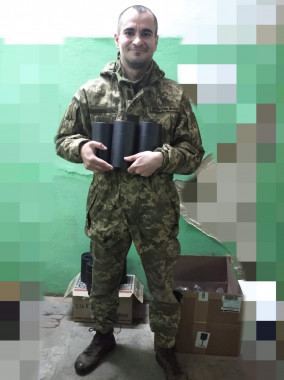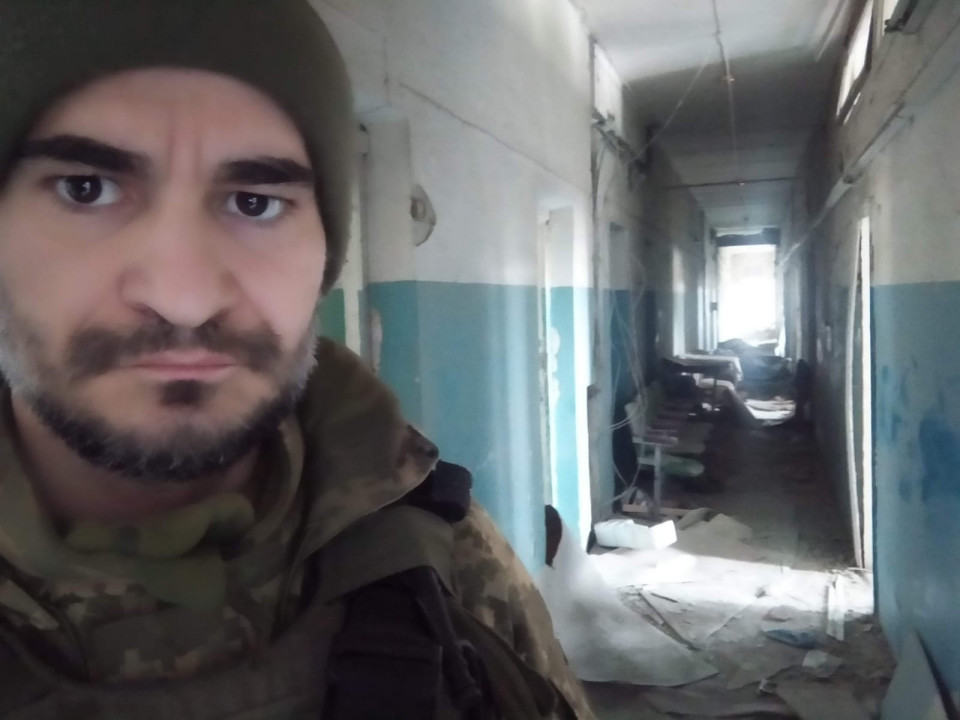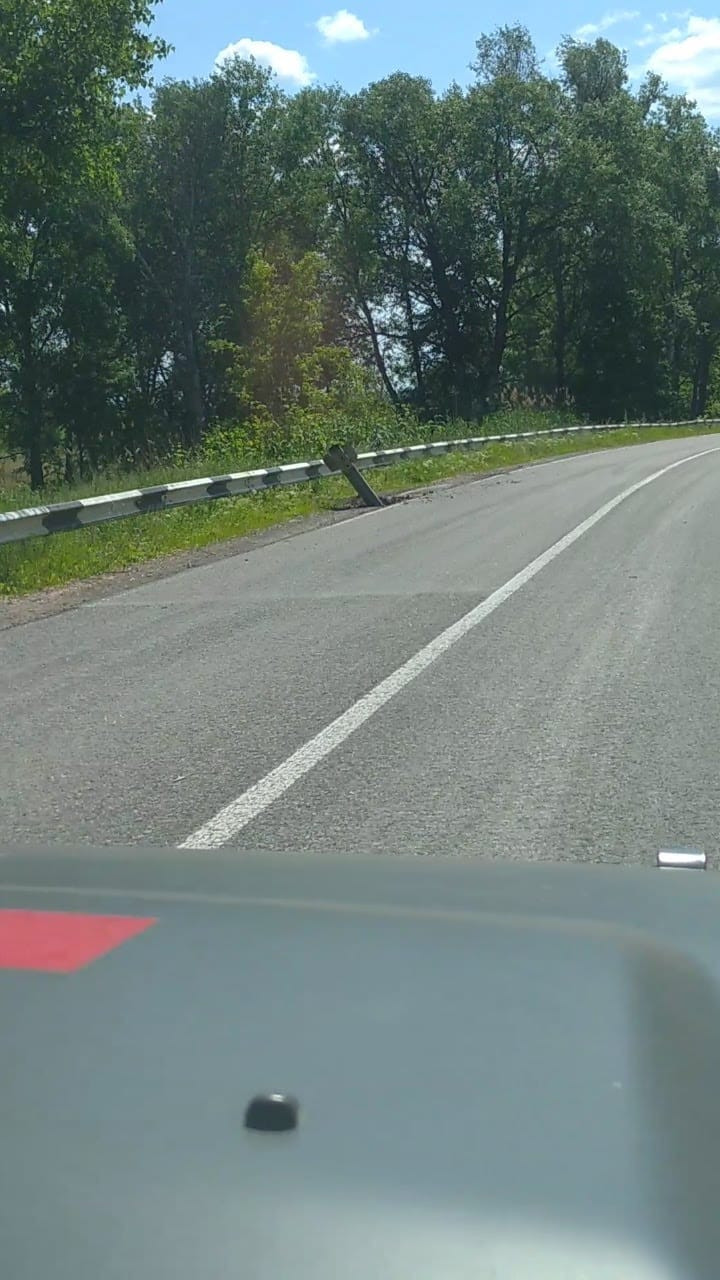
Heroes of Ukraine. "You have only two minutes to save a life" - military medic Fredy, who rescued over 1,000 soldiers from the battlefield
He is used to doing his job exceptionally well. He is a doctor by profession and vocation. Full of optimism and determination, Fredy provides assistance on the battlefield under fire every day.
In 2014, the medic of the 128th Transcarpathian Brigade, Eric Gleba, or Fredy, knew what war was, like an average Ukrainian. In 2015, he saw it with his own eyes, when he first arrived at the frontline. The soldier-medic was awarded the award For a saved life and the order For Courage of the III degree.
Espreso asked the doctor what it was like to save a life at the risk of his own.
From Soviet medicine to NATO standards
"It all started back in 2014, as soon as Russia started the war. At that time, I was an intern doctor at the Uzhhorod City Central Hospital and became interested in tactical medicine. I first took courses in Ternopil, and in December, at the invitation of friends, I went to the Yavoriv training ground to prepare for the 4th and 5th waves of mobilization. At that time, the mobilized medics had a lot of questions, because mostly the civilian population was called up, who had never fought before and had never seen a weapon," Eric recalls.
He says that at that time, soldiers often asked questions like "does he really know what he's talking about." Therefore, in March 2015, Gleba went to the front lines as a volunteer, where he conducted training in medical care, but still according to Soviet standards. Medical assistance was taught to thousands of servicemen. Subsequently, they were invited to advanced training courses for combat medics according to NATO standards, which was organized by the Estonian Defense Ministry.
"A few days ago, by the way, the commander of the Estonian Defense Forces, Lieutenant General Martin Gerem, came to Ukraine for a visit. It was he who was in favor of conducting training courses for military doctors from Ukraine. Military doctors from various units went to these courses to see what real military medicine is in practice in those countries. After the courses, he became an instructor in military medicine and providing medical care on the battlefield," says Fredy.
The military medic emphasizes that military medicine has already achieved success by adopting NATO standards, but at the beginning of the war (2014-15), medics lived on literature from the USSR.

"We knew that there is a cloth, there is a stick - we need to twist it and that is the application of a tourniquet. This is a kind of medicine at the level of the countryside. Here, let's say, Esmark's tourniquet. With it, you can provide medical assistance for wounds to the neck or limbs, but it has a drawback - there were thousands and hundreds of thousands of them in the Soviet Union since 1965. They deteriorate in the cold or sunlight. Therefore, even if he had put on that jute, it would have quickly torn," says the medical instructor.
The military medic did not work on the front line all the time: he came on rotations, returned to the work of an emergency doctor. But later he still went to the first volunteer mobile hospital named after Pirogov to go to the east again. In 2019, he signed a contract with the 128th brigade.
Eric and his brothers left for the East back in February, before the war. And on February 24, when they arrived in one of the settlements, they heard a loud noise in the morning while unloading equipment. The command reported that a full-scale war had begun.
"Of course, everyone was shocked at first. But we united from the first minutes and performed all the assigned combat tasks - we stopped the enemy in the right directions."
Doctor who provides care on battlefield
The task of a military doctor is to provide secondary care. First aid is when a wounded person puts a tourniquet on himself, says Eric Gleba.
"My task is to tampon the wound, give anesthesia and stabilize the condition. There were cases when we went directly to the battlefield and provided help in a medical vehicle," the doctor recalls.
He says that sometimes it is very difficult, but he is convinced that only a doctor who maintains neutrality and coolness can provide qualified help.
"If we feel sorry for our comrades, give free rein to our emotions, it will be difficult to provide medical aid. It is very important when a fighter knows his doctor and trusts him. I try to be just such a doctor. That is why my psychological state is normal and even elevated. I know from my brothers that among them, no one regrets and continues to follow orders."
During his time on the front line, Eric Hleba conducted more than 100 evacuations from the battlefield. About 15 cases were such that no one expected to see their wounded brothers alive.
"Detached limbs and penetrating shrapnel wounds to the pelvis, wounds to the back of the head, rib cage with liver damage or penetrating shrapnel wound to the abdomen (this is when the shrapnel flew from the right side and flew out from the left) - all these people remained alive. After all, I'm in the battalion for that's what it's all about, to provide medical aid, no matter how complicated the injuries are. All other servicemen also do their job perfectly. We can't do it any other way here," Fredy adds.
It is not a problem for him to go to the very hell of war. When asked what it is like to lose comrades in battle, he answers that it is possible to save more.
"I'll tell you the truth: seeing torn bodies is psychologically difficult for many, but what keeps me going is that seven people were saved in one day, and only three died. This is an advantage, because seven fighters will live," says the medic.
You have only two minutes to save a life
The only thing that is frightening is that there are military personnel who neglect medical training and do not provide first aid to themselves in time. Eric says that many of the injuries could have been avoided.
"We provide medical assistance not only to brothers from our brigade, because there are also border guards and the National Guard. There are those who neglected to learn how to put a tourniquet on themselves. Or, when I talk to the commander of the unit, I ask what the condition of the wounded is. They can say 'everything it's normal'. And we arrive and see that there is internal bleeding."

A military medic has only two minutes to save a soldier. During this time, he works according to the algorithm: examination (if there is no tourniquet), its application, infusion (to fill the blood volume). Then the doctor tampons the wound and only then gives anesthesia. Eric admits that he already has the reflexes of Pavlov's dog. After receiving the notification of the call, he puts on pants, a bulletproof vest and a helmet, jumps into the car and rushes to provide medical assistance. The wounded were brought to the medical facility in 15-20 minutes.

Remnant of a cluster missile from Tornado launcher on the way to comrades
"From the experience I gained here, there are up to 5 minutes to save a life. But objectively, it is two minutes, because there are various injuries. And even with the amputation of both limbs and a poorly placed tourniquet, the soldiers remained alive."
- News













































